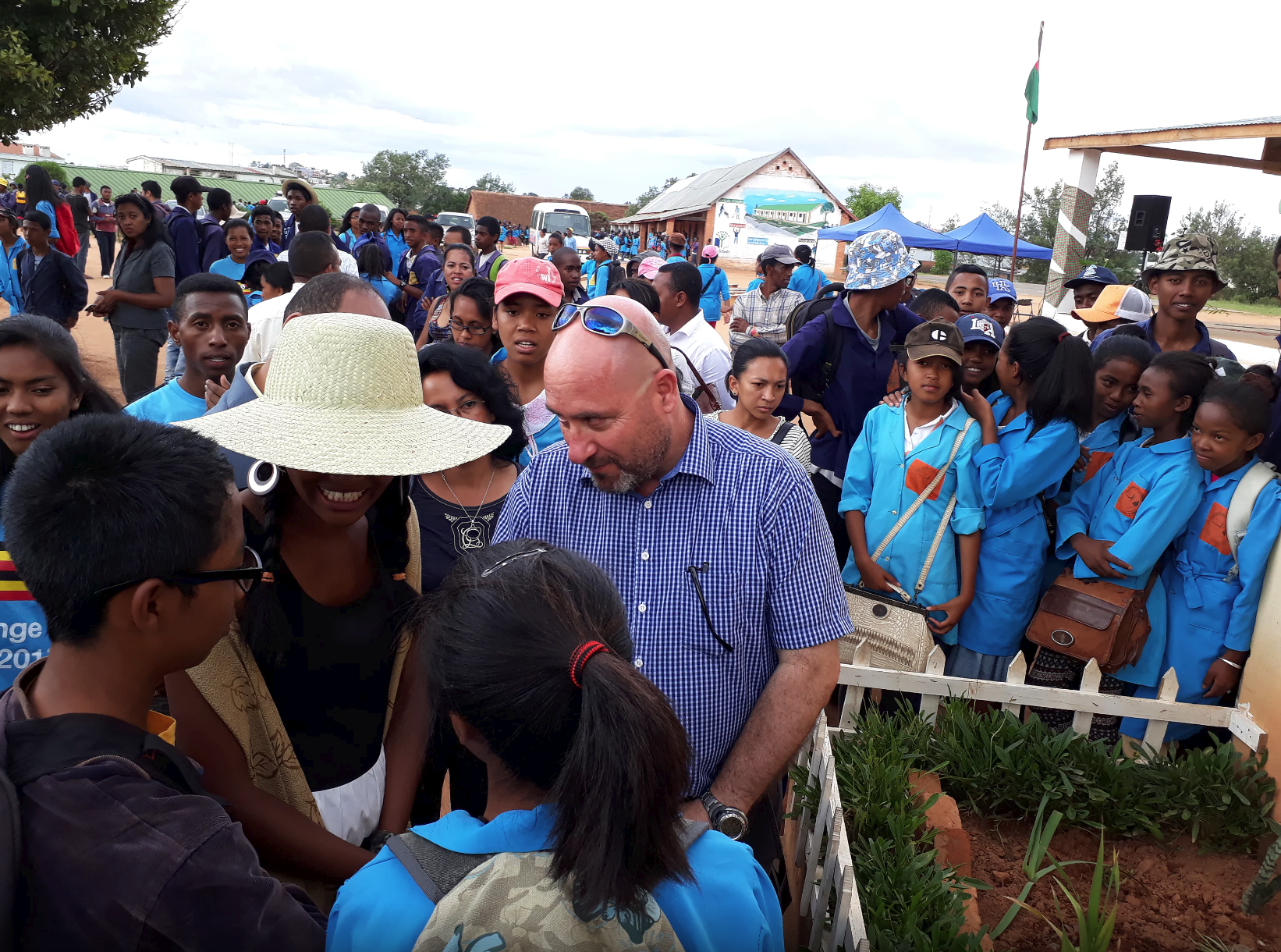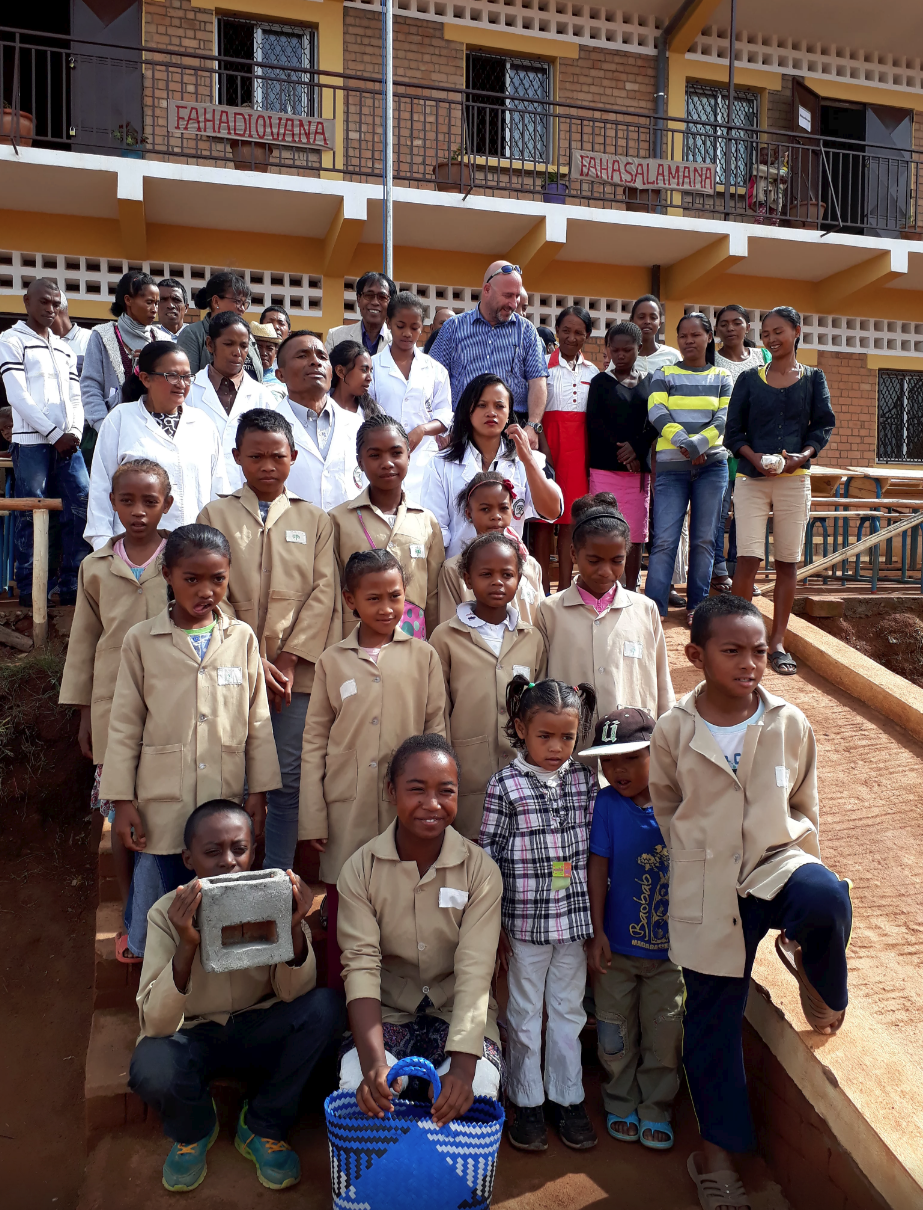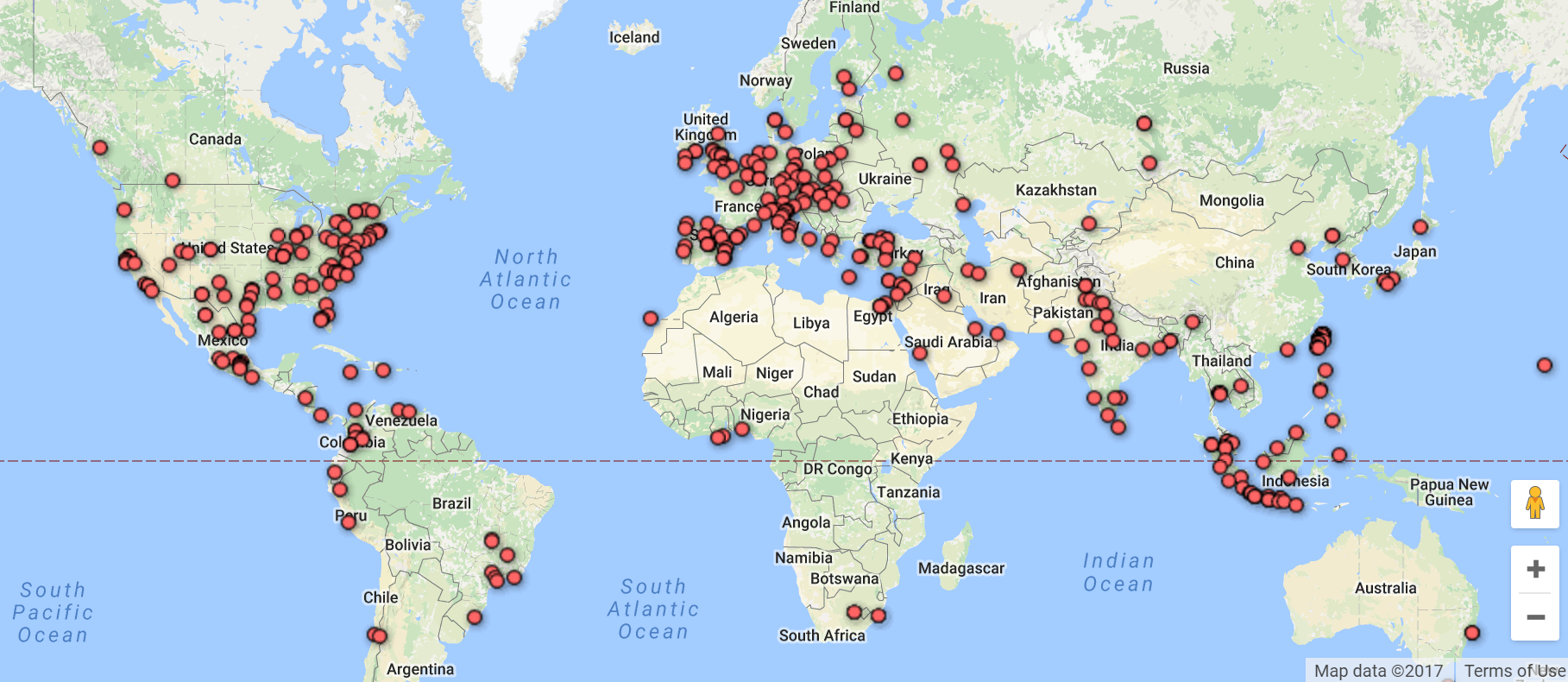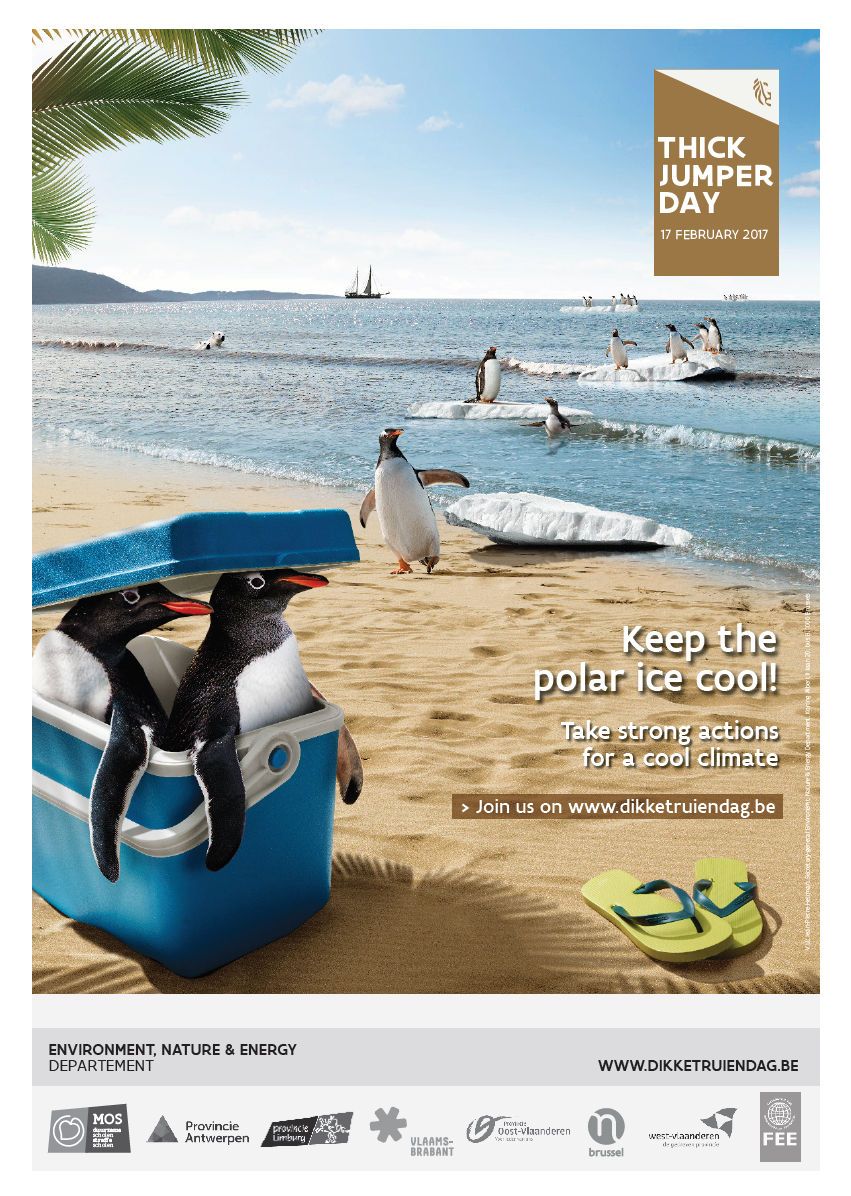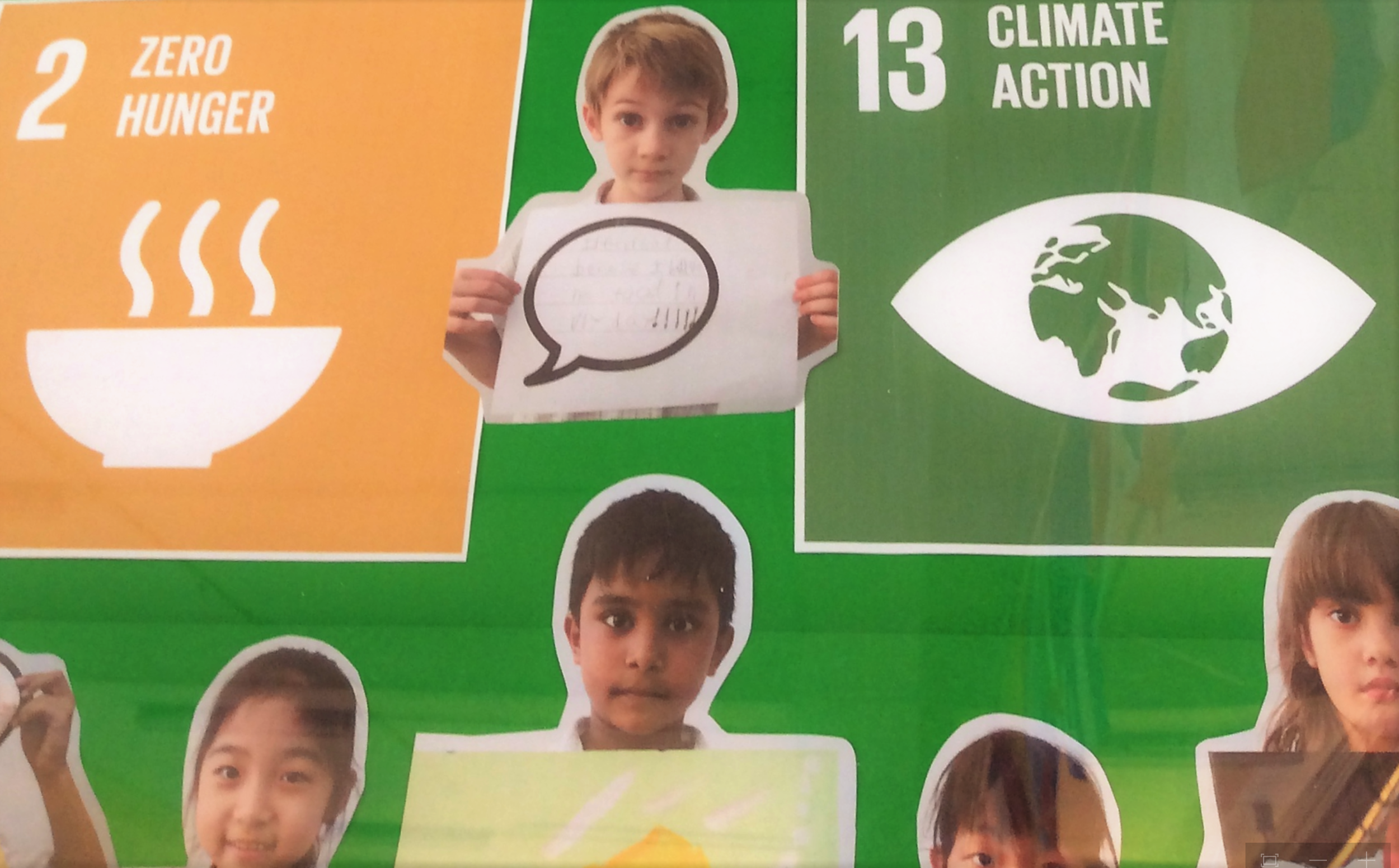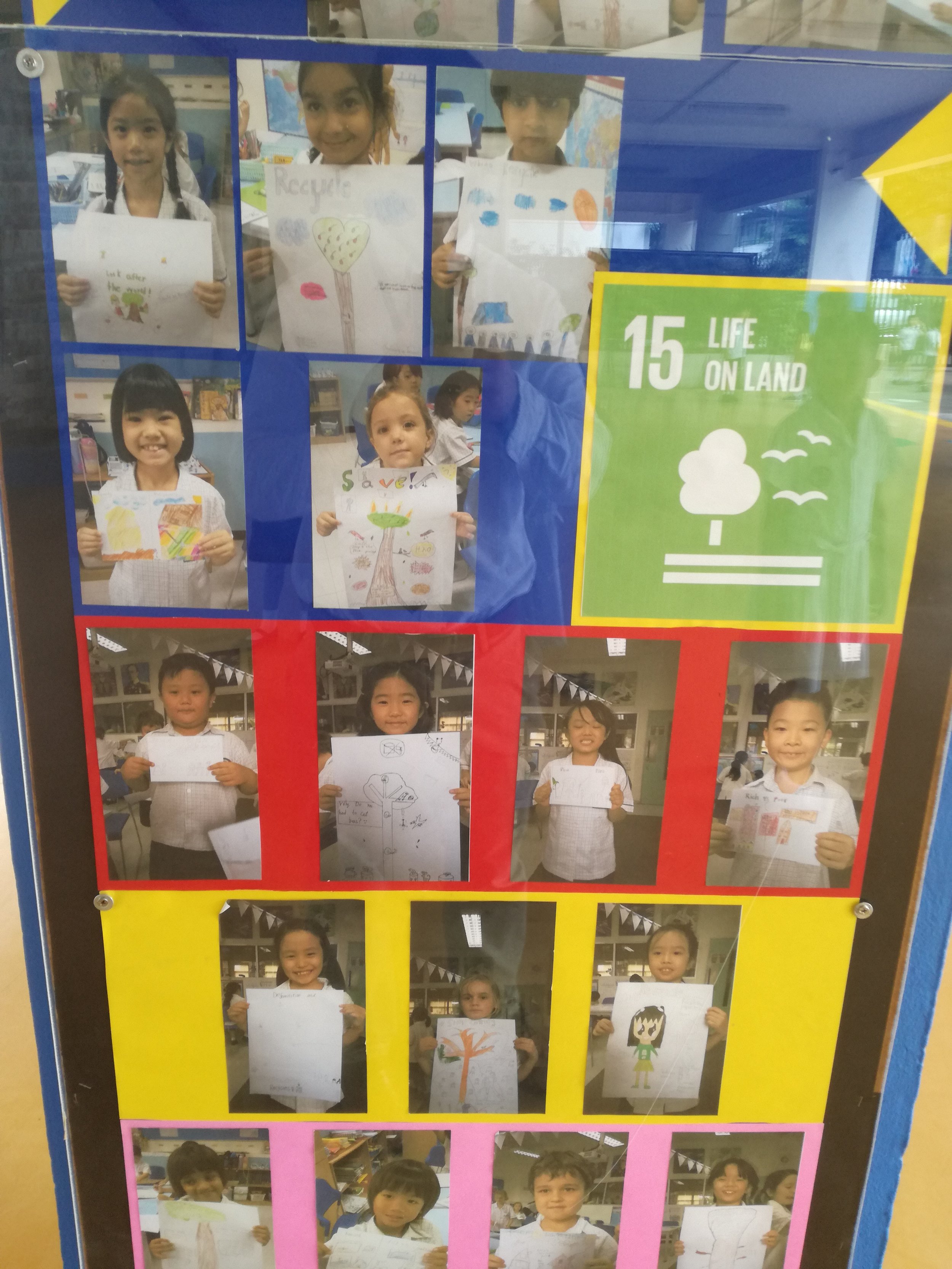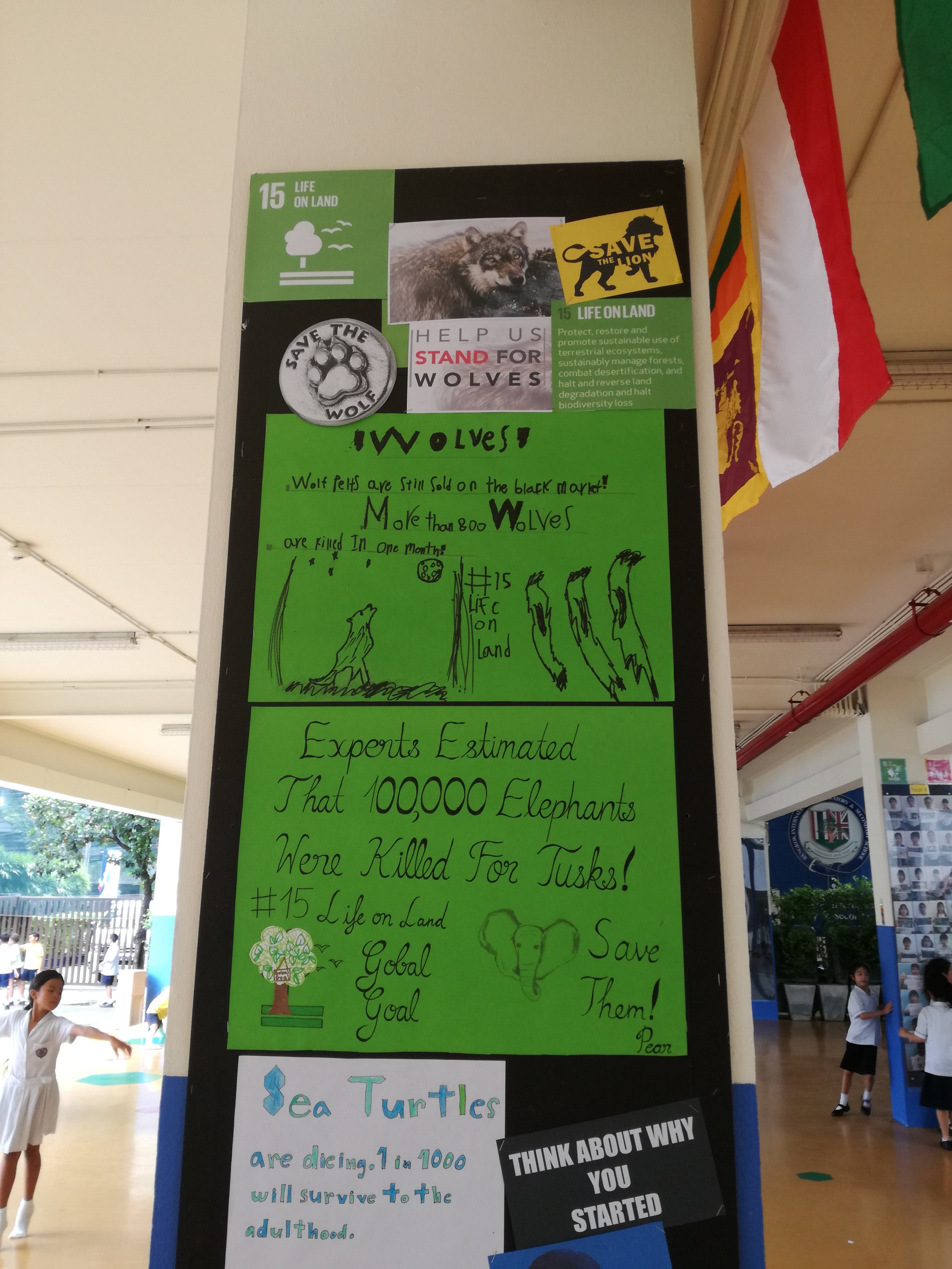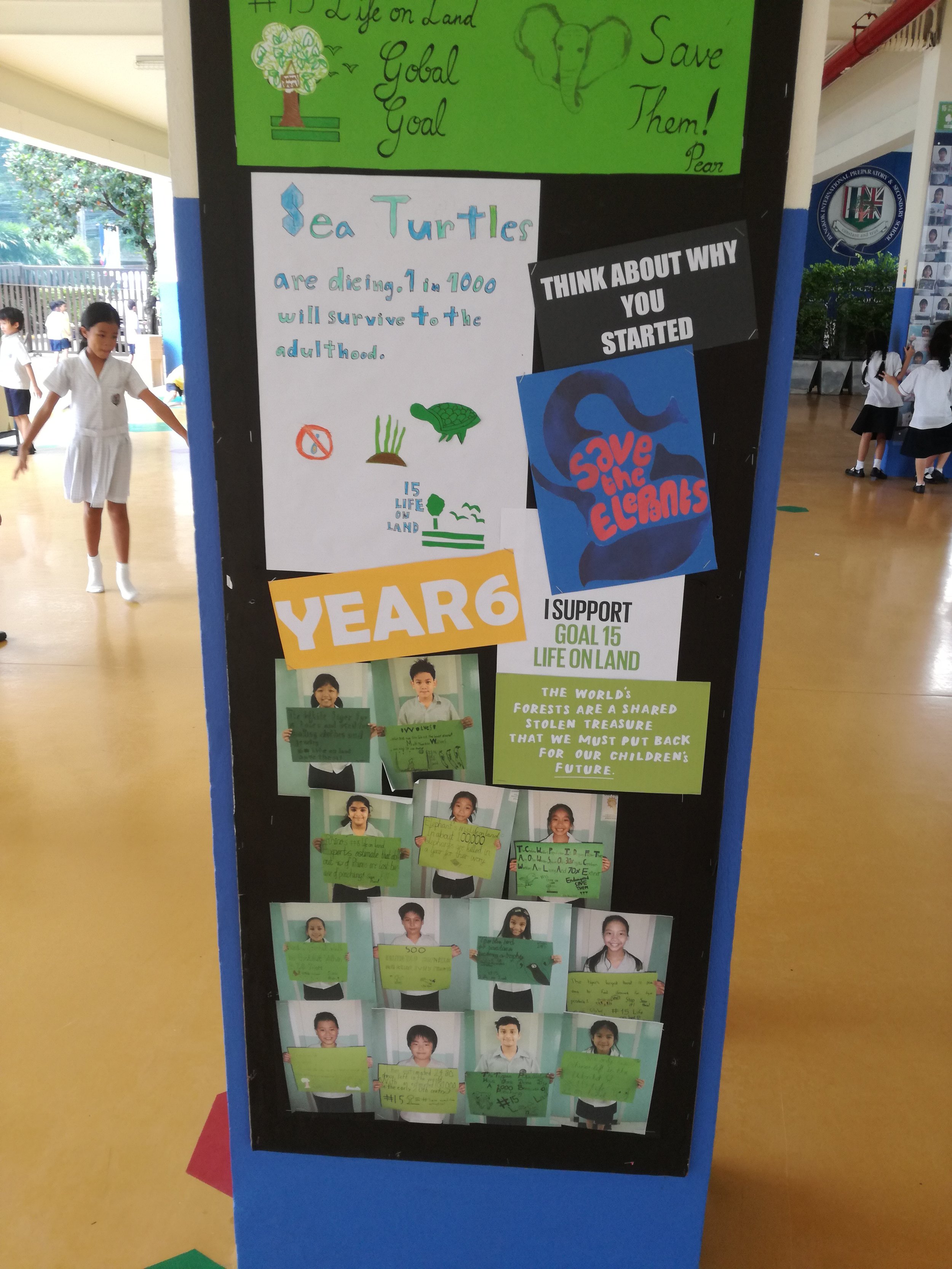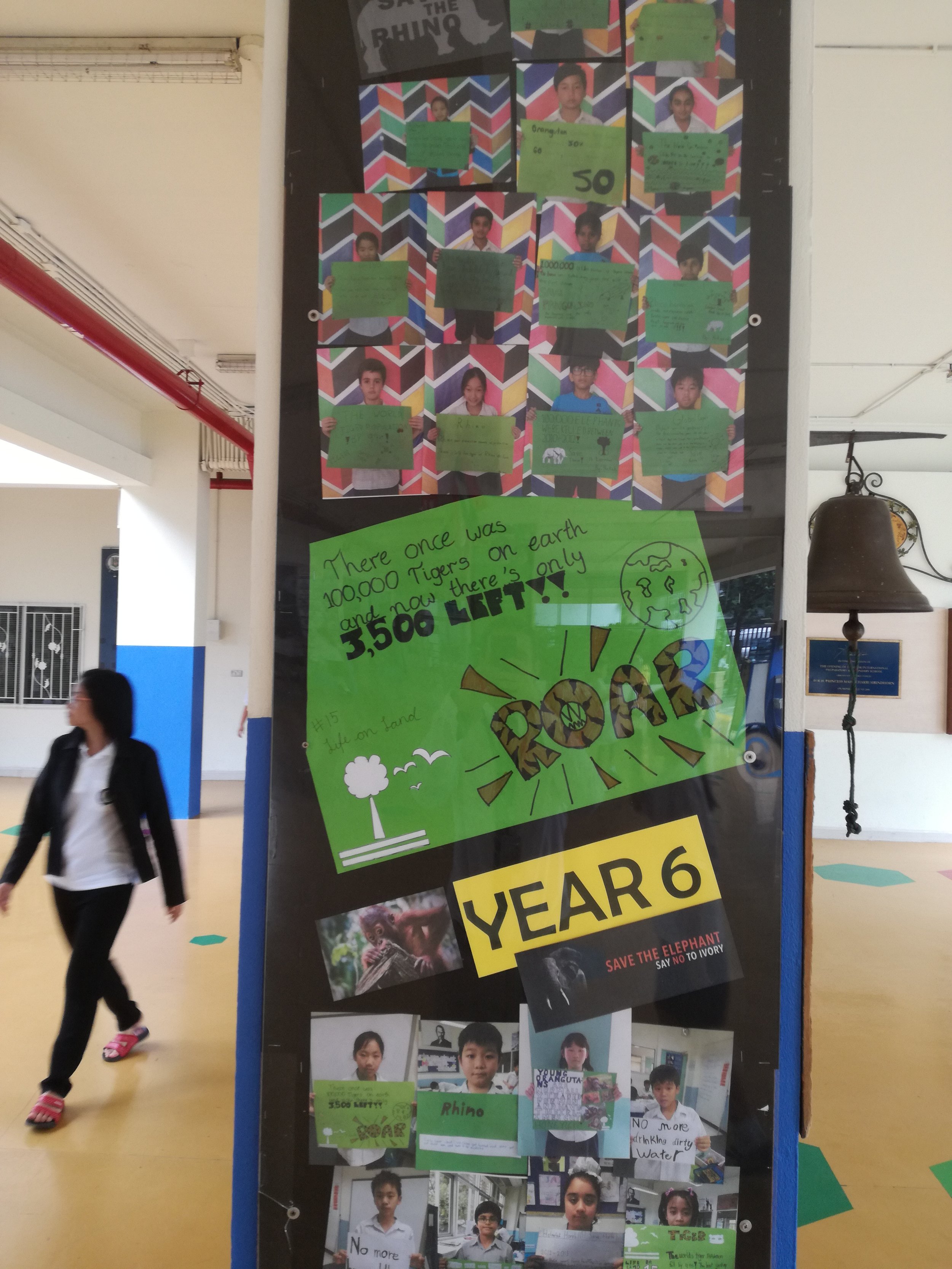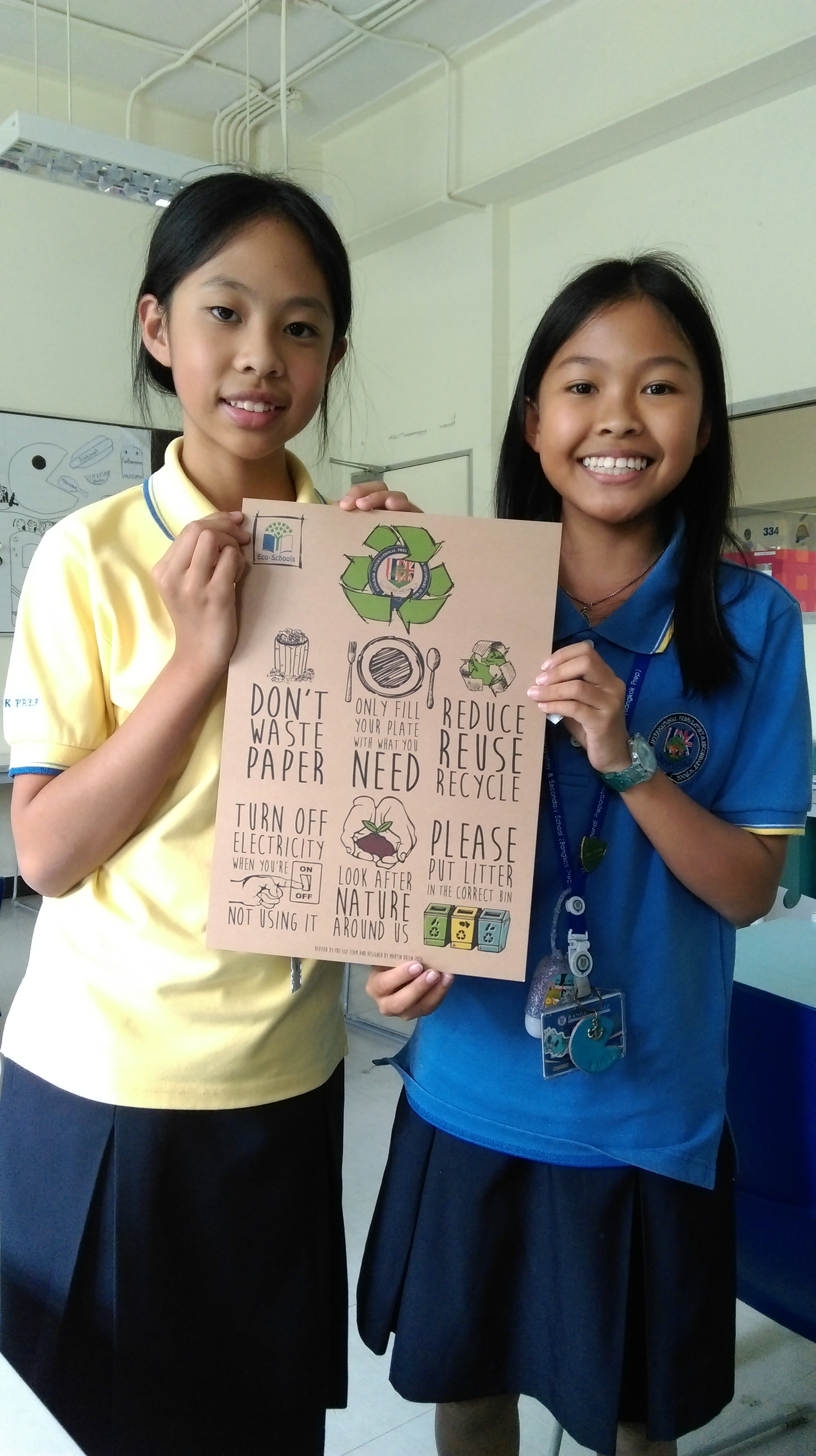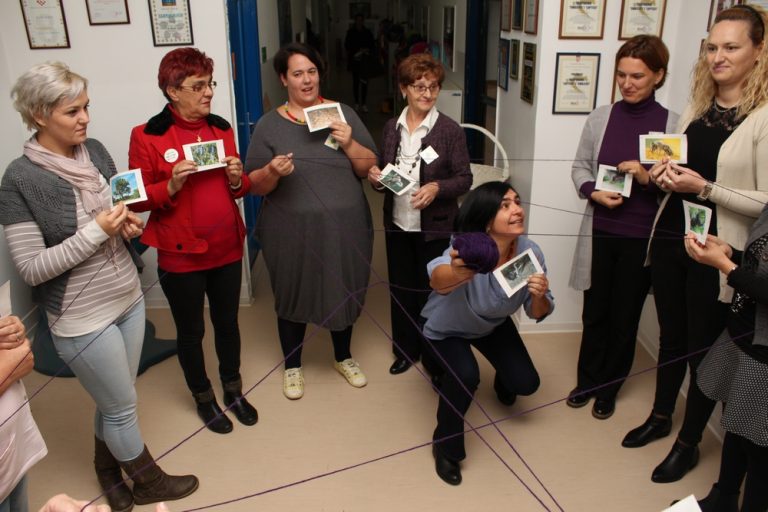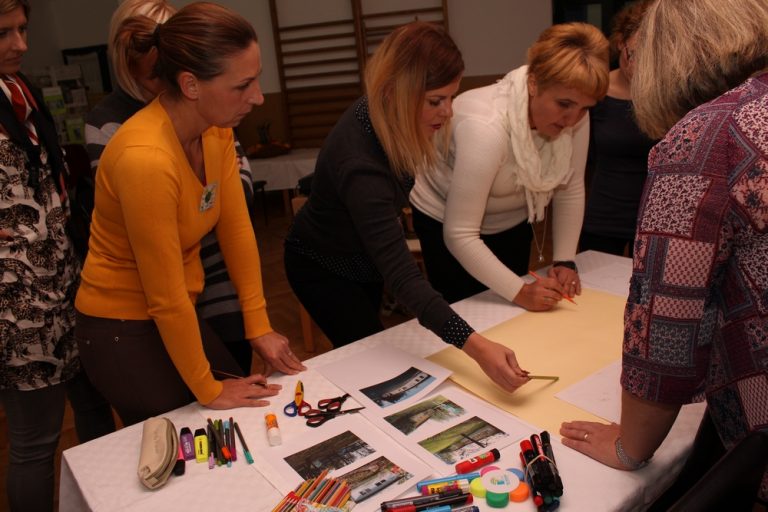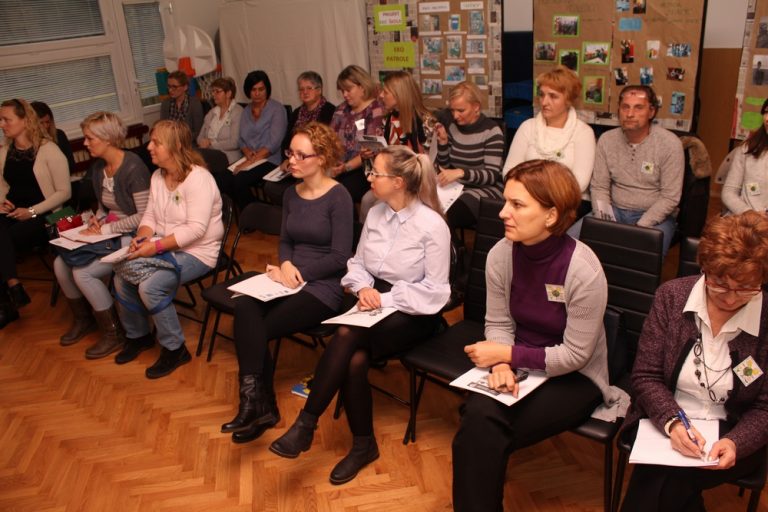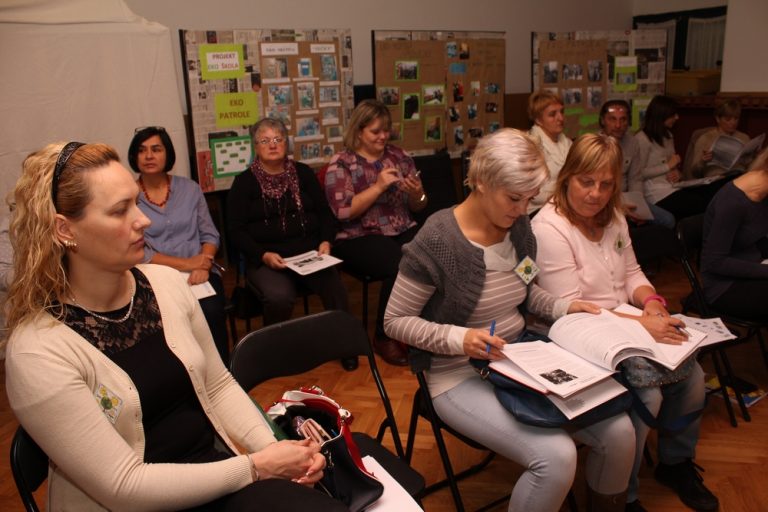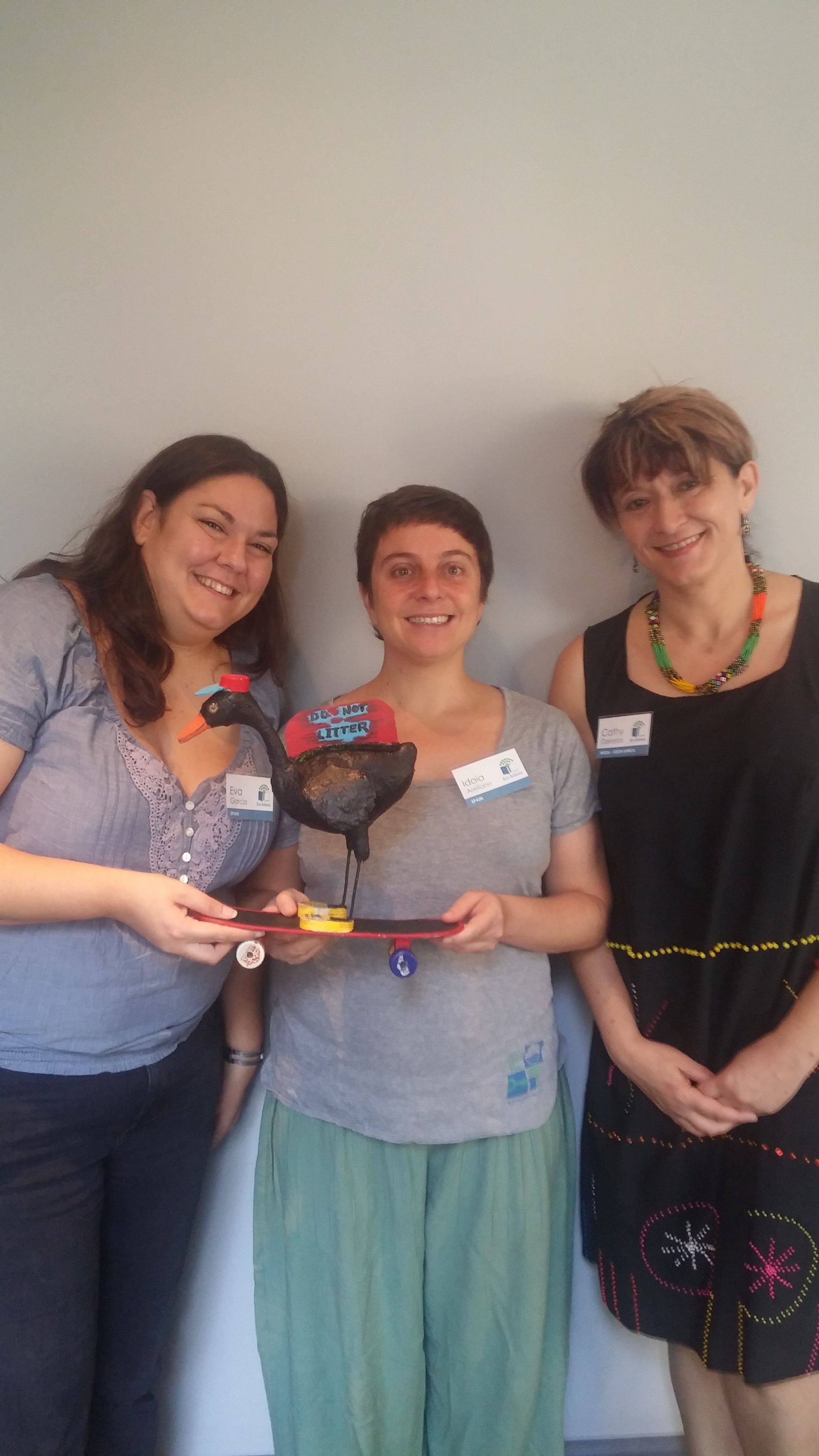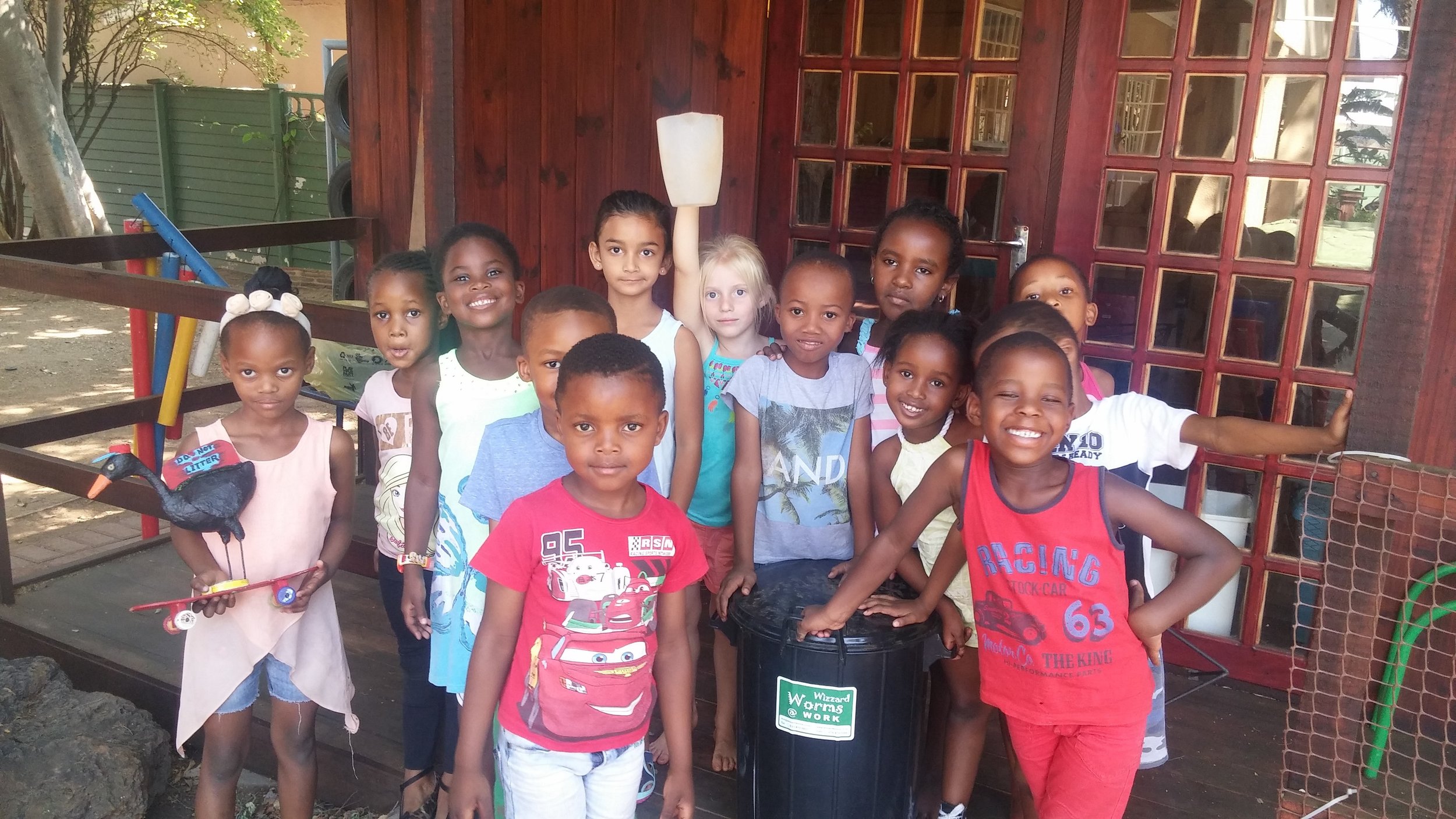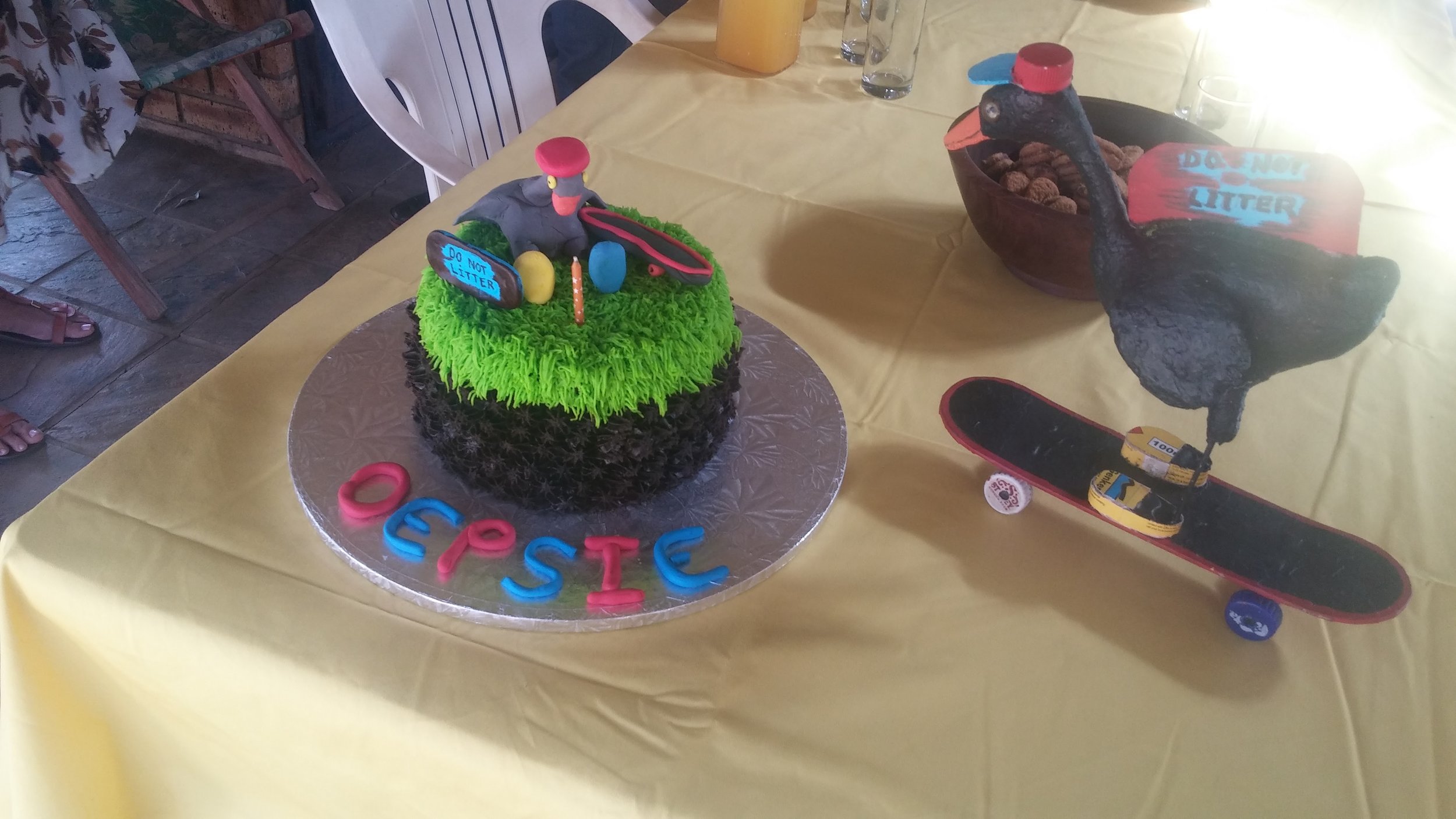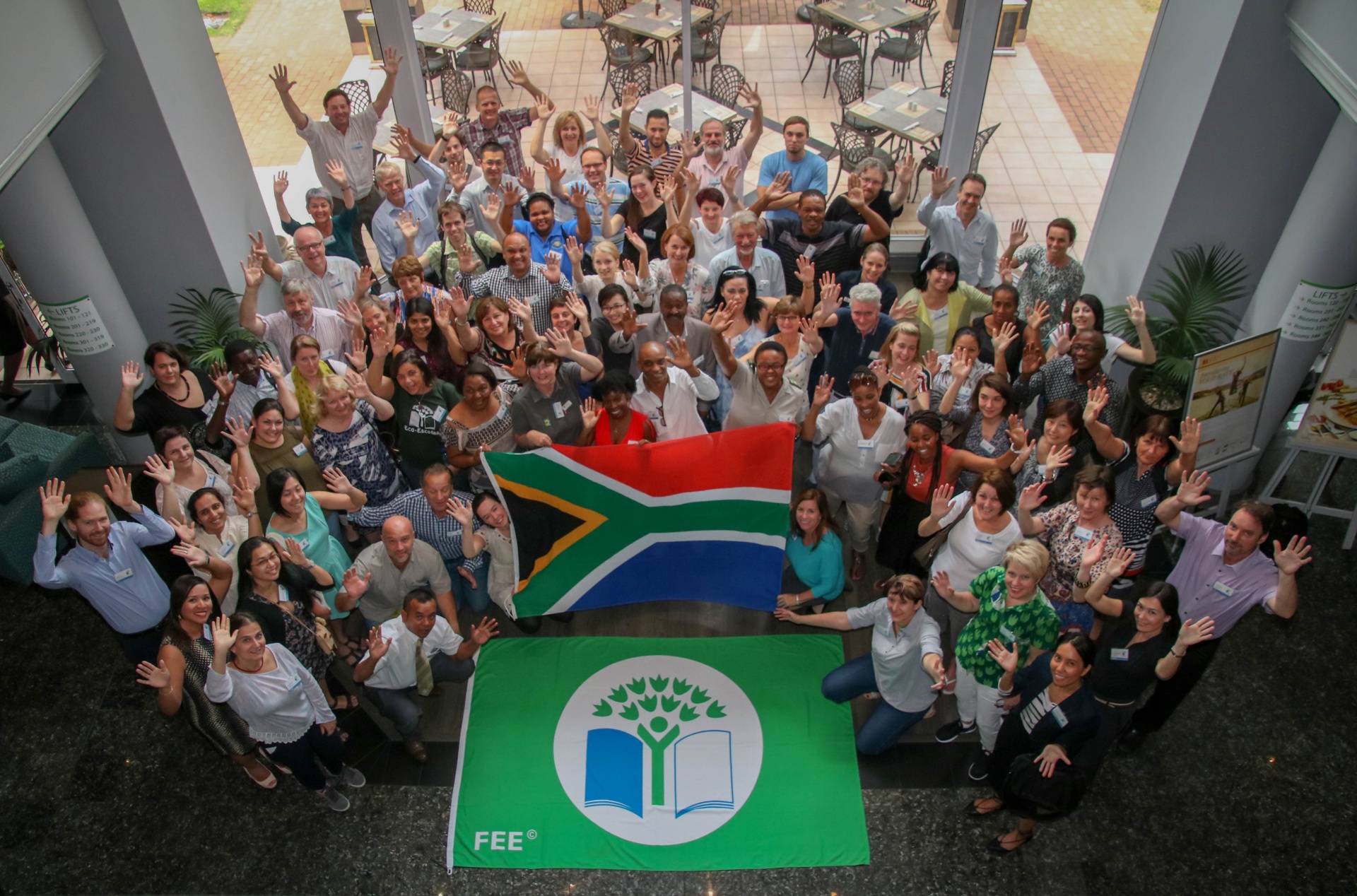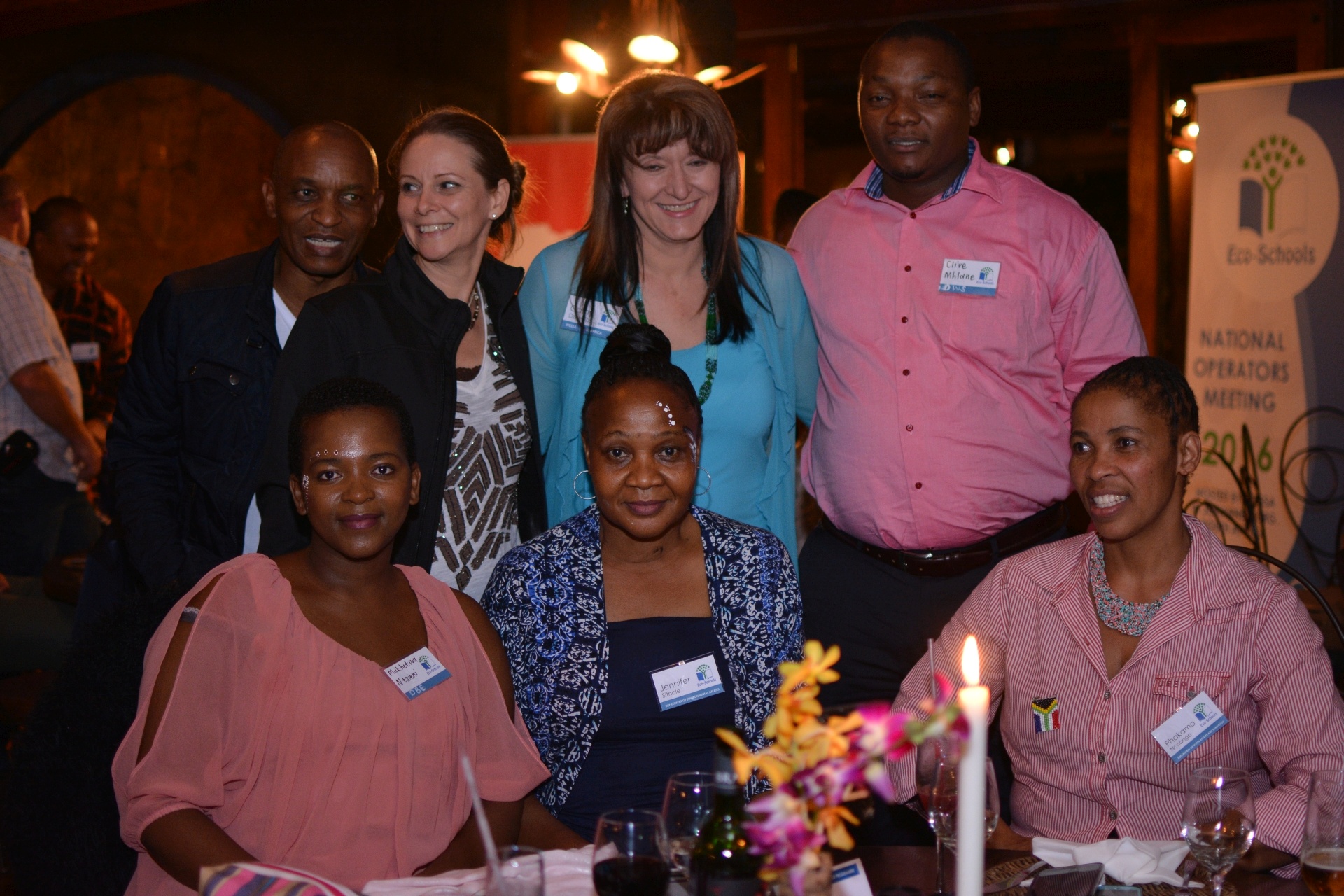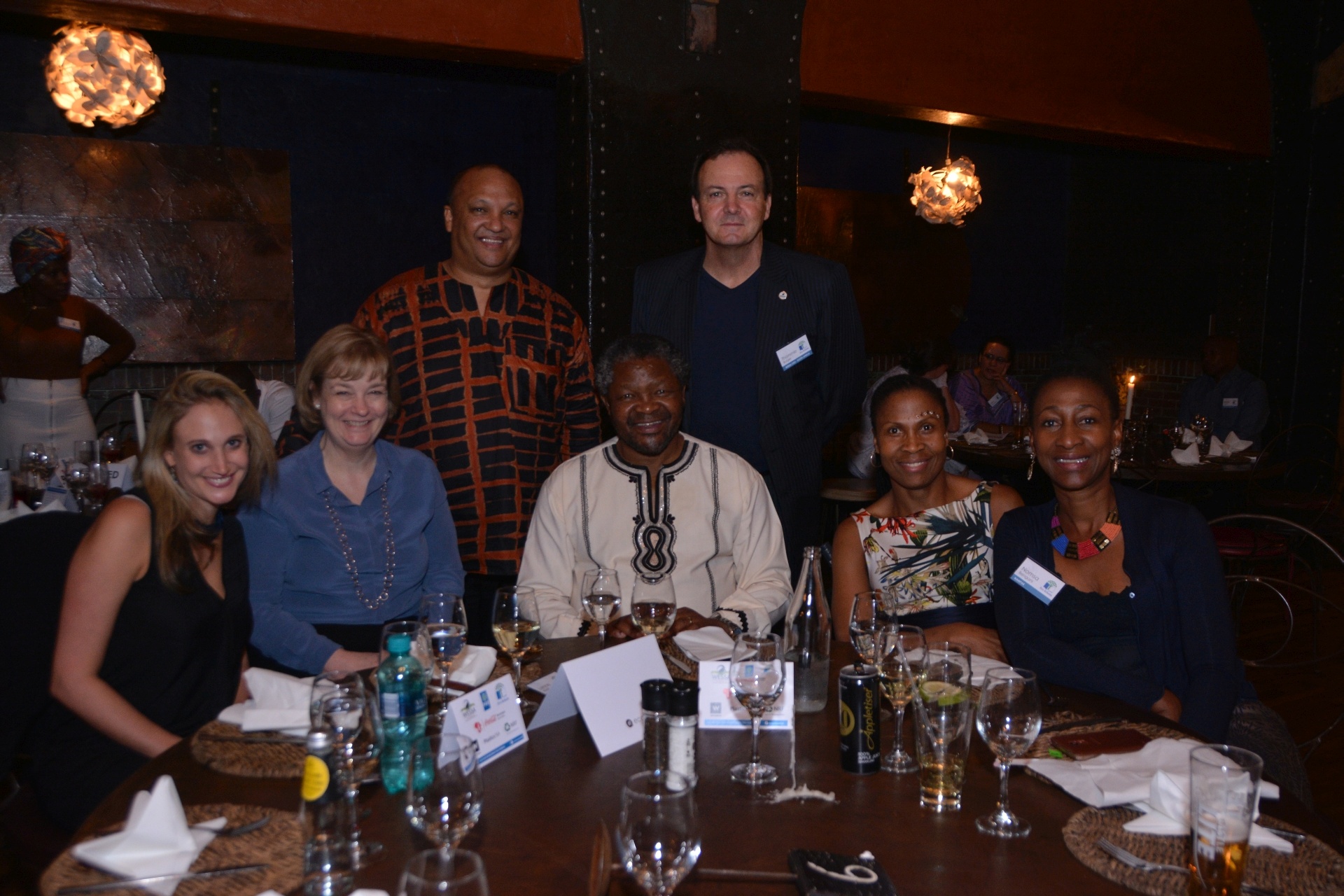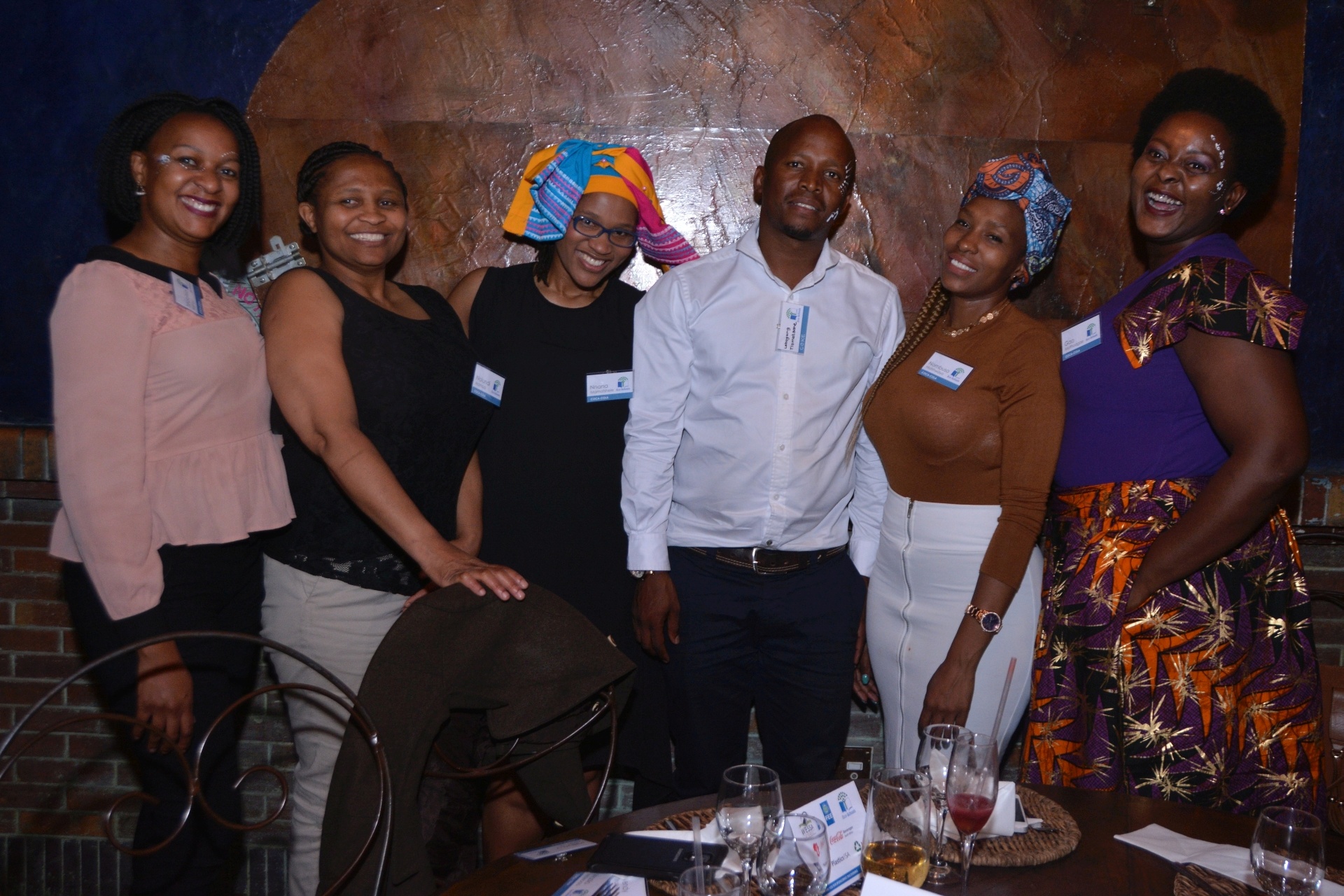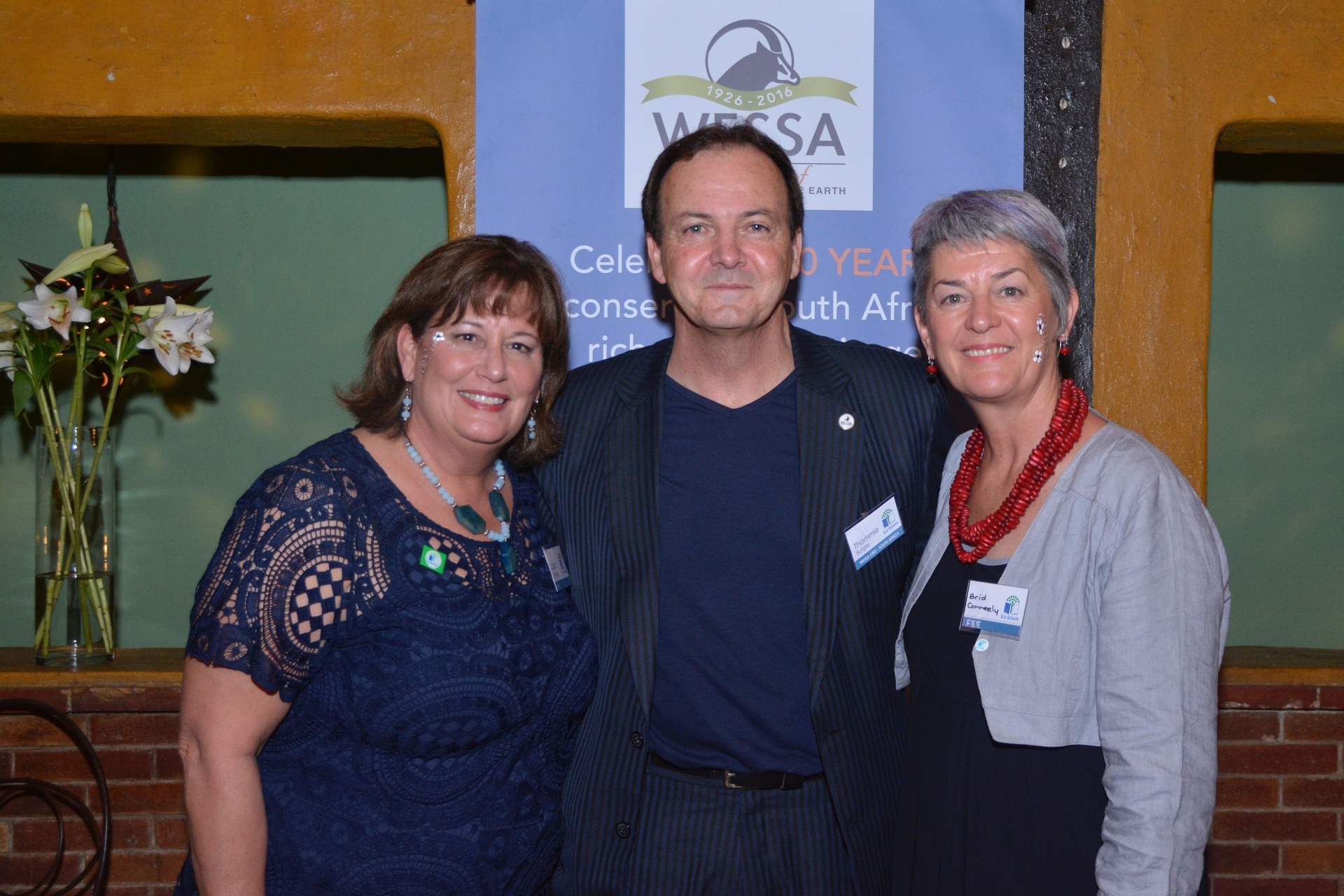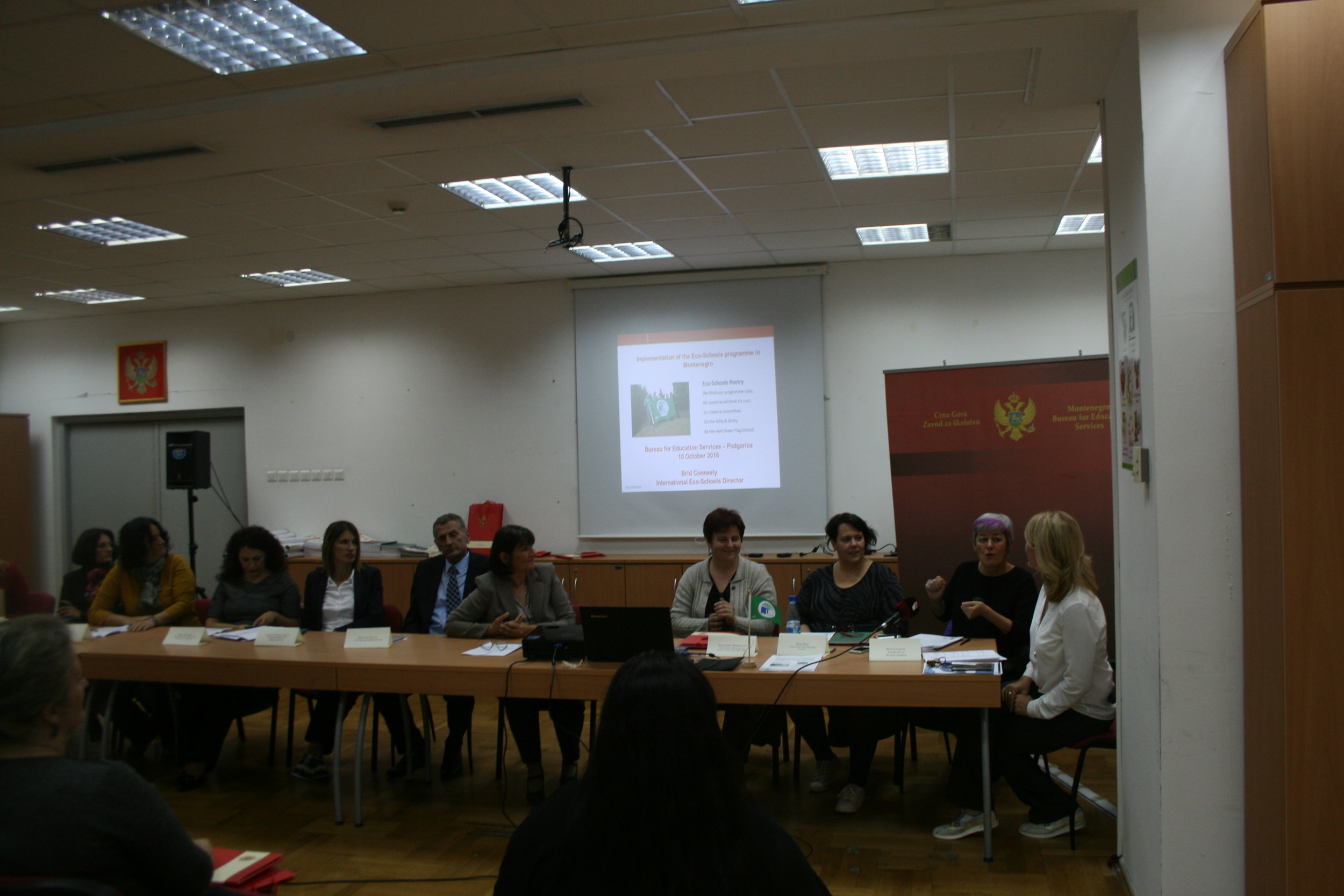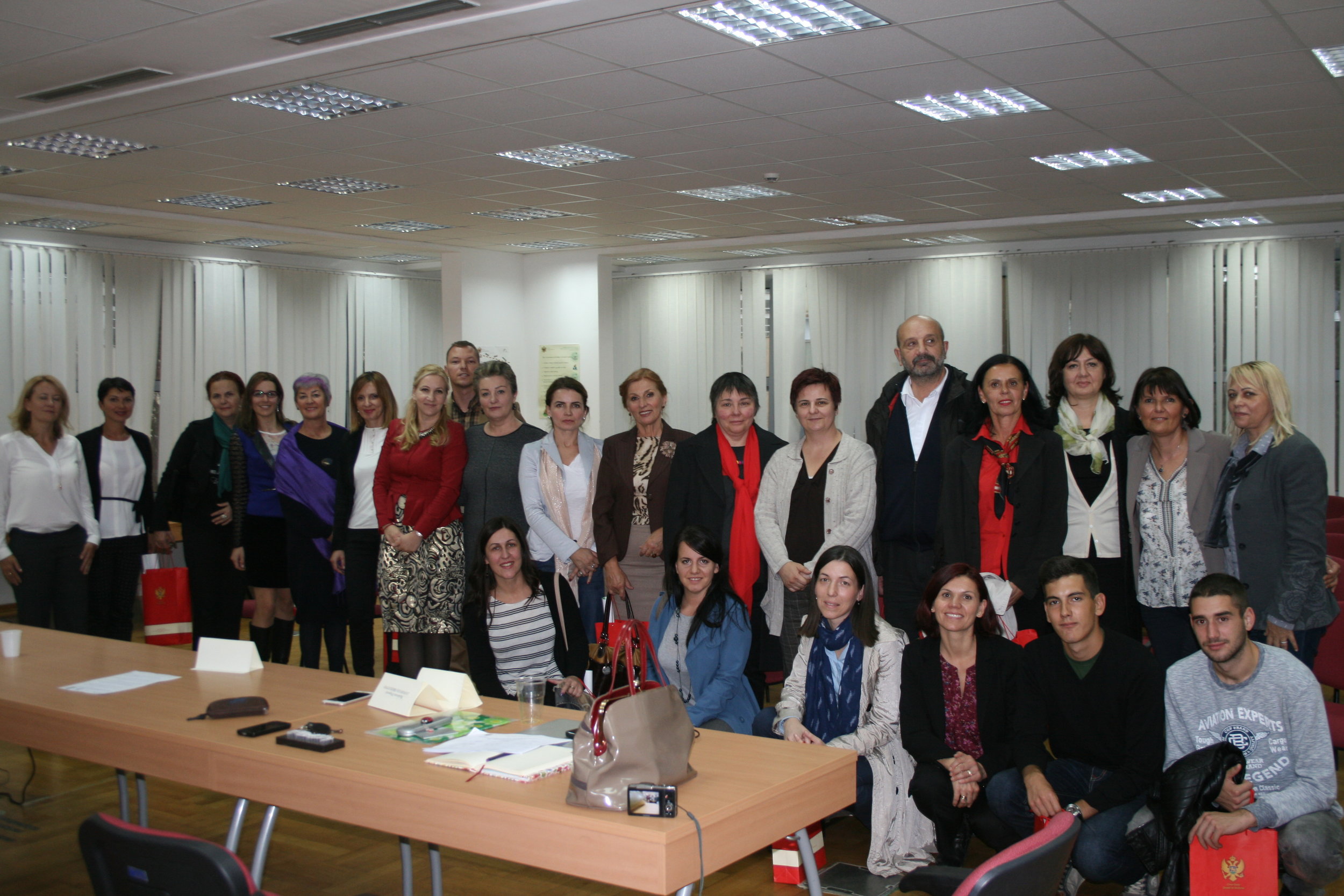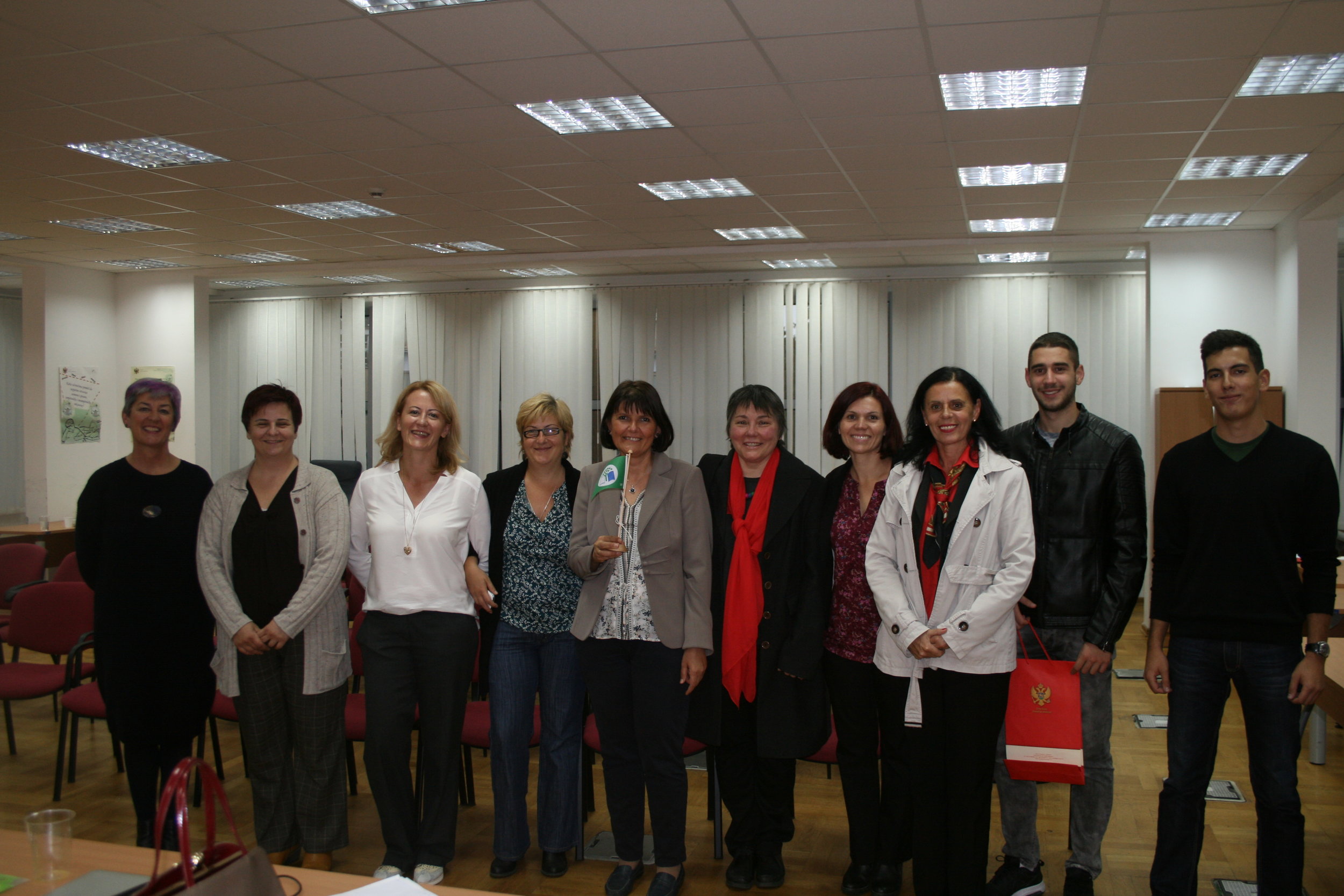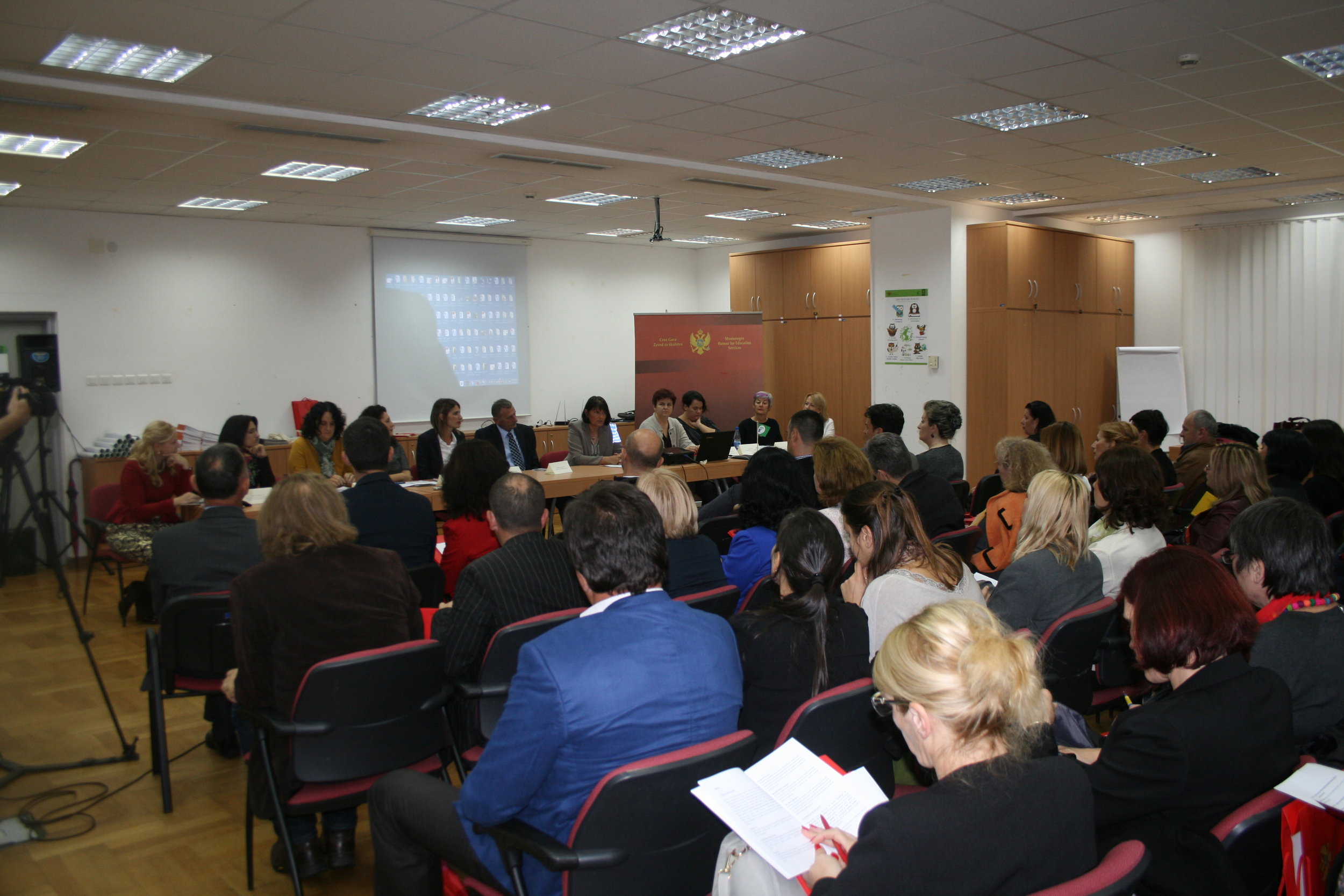Within the Indian Ocean region, more than 72 schools, representing over 25,000 pupils are now involved in the programme. Eco-Schools Indian Ocean - part of the international programme of the Foundation for Environmental Education (FEE) - was introduced in the region by the Indian Ocean Commission ISLANDS project, funded by the European Union and run by a wide range of partners from the Government, NGOs and private sector. It was recognised by the United Nations as “one of the most effective sustainability projects over the past 10 years.”
“We have activities concerning the environment at school, such as gardening or composting. That same compost is used in our vegetable garden. We also do waste sorting by separating paper and other wastes.” says Matthieu, 7, from RCA St Pierre School, one of the schools piloting the programme in the region.
Eco-Schools provides framework and standards to help educators integrate sustainability principles throughout their schools. It offers the methodological tools for schools and communities to evaluate their own challenges, assess risks and develop the solutions. The schools are guided to re-orientate existing curricula around sustainable development themes, and work collaboratively with their local communities to develop practical projects.
“Our school has always been environment-friendly. We have always taught our pupils different ways of protecting the environment. With the eco-school programme, these teachings can be put into practice. Now the children are able to participate in activities that help to protect the environment, such as sorting of waste, composting or the creation of an endemic garden. As they take part in these daily activities, the children understand better how to actively protect the environment” states Pascale Napaul Lafrance, teacher at RCA School.
Eco-Schools Indian Ocean programme aims to provide a regional framework to integrate themes of sustainable development, climate change and disaster risk reduction into national education systems, and strengthen cooperation to address the unique vulnerabilities of the region.
“For most of the schools, the Eco-Schools Indian Ocean programme is acting as a powerful force of change. Examples of school activities include projects for rainwater harvesting, soil stabilisation, food production, sanitation, and waste management amongst many others. The most successful schools are those that have built strong partnerships between governmental institutions, NGOs and the private sector,” said Sameer Kaudeer, Education Officer at Reef Conservation, one of the NGOs implementing the programme in the region.
Children in schools across the south western Indian Ocean region are facing the damaging day-to-day effects of climate change such as sea-level rise, soil erosion, flooding, water shortages, and high frequency of natural disasters. These endanger their safety, health and wellbeing and affect the livelihoods and economies of their families and communities.
“The eco-schools programme is an opportunity for children of the entire region, sharing common Ocean and many similar challenges to take collective action in their schools and communities” says Hon. Riziki P. Juma, Minister of Education and Vocational Training in Zanzibar, Republic of Tanzania.
Eco-Schools Indian Ocean is a voluntary programme open to any school in the participating Indian Ocean countries. Schools follow a simple seven step process and work on ten possible themes that respond to common sustainability challenges faced by the participating countries in the Indian Ocean region.
“At home, I put into practice what I have learnt at school. My parents don’t know much about environment issues. Therefore, I teach them the importance of preserving the environment. I have introduced them to various notions among which the sorting of wastes,” Matthew concluded.
Through the Eco-Schools Indian Ocean programme, island States from the Indian Ocean are joining 64 other countries and more than 49,000 schools already implementing the programme worldwide.
--END--
Eco-Schools is the largest sustainable schools programme in the world and run by the Foundation for Environmental Education (FEE). Eco-Schools and FEE are lead partners in UNESCOs Global Action Plan for Education for Sustainable Development which follows the Decade of Education for Sustainable Development (DESD).
Implementing partners of the programme in the region:
- Comoros: Maeecha
- Mauritius: Reef Conservation
- Madagascar: Madagascar National Park
- Zanzibar: Zayedesa
Seychelles have their own Eco-School programme developed by the Seychelles Ministry of Education running in schools for more than 20 years. The Seychelles Eco-School programme is an important partner of Eco-Schools Indian Ocean and has helped with the development of this programme. Eco-Schools for La Reunion and Mayotte is operated by Eco-école France.
- Eco-Schools Indian Ocean National Coordinator: Olivia Copsey, ISLANDS (info@eco.schools.io)
- Eco-Schools in the Union of Comoros: Nasser Assoumani, Maeecha, n.assoum@maeecha.org
- Eco-Schools in Madagascar: Olga Randriamanantena, Madagascar National Park, cee@madagascar.national.parks.mg
- Eco-Schools in Mauritius: Kathy Young, Reef Conservation, admin.reef@intnet.mu
- Eco-Schools in Seychelles: Shane Emilie, Eco-Schools Seychelles, shaneemilie@hotmail.com
- Eco-Schools in Zanzibar: Omar Mattar, ZAYEDESA, omattar01@gmail.com
